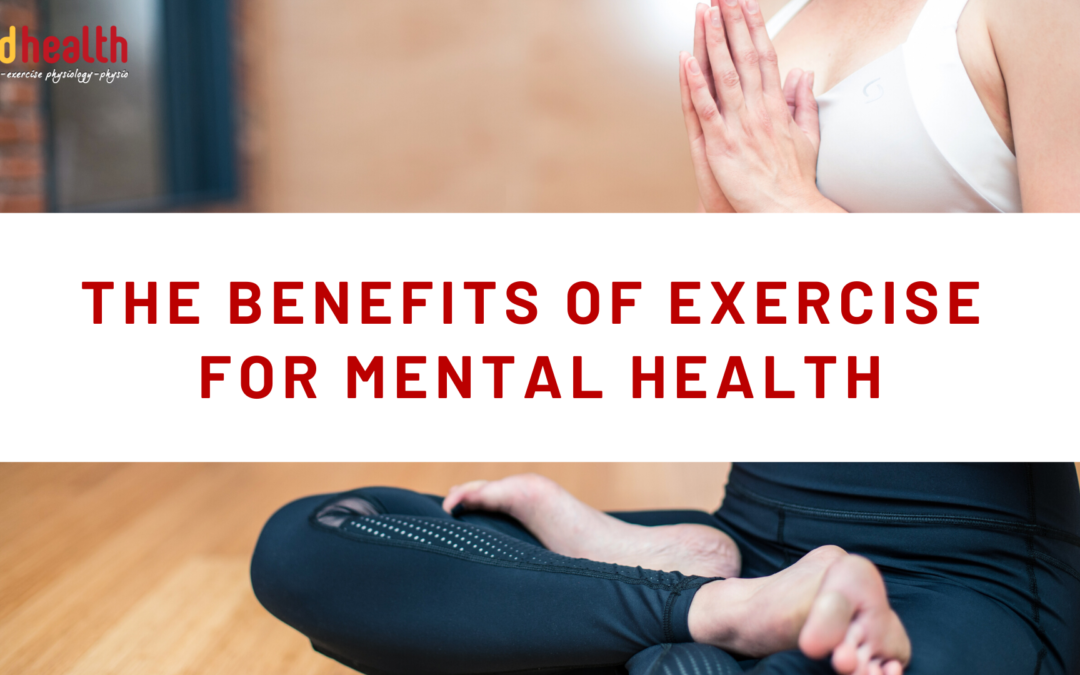Mental health is becoming an increasing issue in this day and age and we are constantly looking for ways to help improve this; but one simple thing we can all do is exercise.
Each year 1 in 5 Australians will experience a mental illness. That is almost double than global average! Unfortunately, there is still a poor understanding and acceptance of mental health, and it is often missed and left poorly untreated.
Mental illness can have an impact on a individual’s cognitive, behavioural and social functioning. This can lead to further impacts as social isolation often occurs in this circumstance. But there are simple things we can do to help improve mental health and one of the key ways to do this is by exercise!
WHY IS IT SO IMPORTANT TO EXERCISE?
There is great evidence to suggest that exercise is a very effective treatment method for people suffering from mental illness, with some studies suggesting that exercise is just as effective, if not more, than pharmacological intervention.
Exercise alone can make a big difference in mood, which should be made as a fundamental part of treatment. It can also counteract side effects of some medications such as reducing the risk of falling by strengthening the muscles and helping control body weight and blood pressure.
KEY NOTES
- It can be hard to get the ball going. Start slowly and build up gradually so you can stick to a formal regime ie. start with 10-15min walk each morning, then gradually build to 30min per day.
- Set short-term realistic goals for exercising each week ie. 3 x 20min walks per week. Plan to exercise at specific times in the day that fit in with your lifestyle. Ensure to write them down!
- Bear in mind it can take some time for the benefits of exercise to take an effect. Studies have shown significant reduction in depression after at least eight weeks.
- By consulting with an Allied Health Professional (Accredited Exercise Physiologist/Physiotherapist like our staff at MD Health) you will be working with someone who cares about your wellbeing, understands the challenges you face and who also has the skills and knowledge to assist in managing your condition.
TYPES OF EXERCISE RECOMMENDED
Aerobic exercise and lifting weights have been shown to be very effective in treating mental health conditions. It is advised to try a variety of different types of activities initially, so you can choose one that you enjoy the most. Remember to keep it simple, you don’t necessarily have to join a gym – activities such as swimming, walking the dog, jogging whilst listening to music, riding a bike, gardening, bush walking, weight-lifting and yoga can all be beneficial.
Creating an exercise habit can take time to get in to a routine, but finding one you enjoy can make it easier to come back to – and more you’ll be more likely to stick to it!
Want to know more?
If you want more information or have any questions on mental health and exercise comment below! Or if you’re a new client and would like to book for a FREE full body assessment with one of our Physiotherapists or Exercise Physiologists, call us on 9857 0644 or email us at admin@mdhealth.com.au
Reference:
Source: Exercise Right Campaign (2019), Mental Health & Exercise, Powered by ESSA: https://exerciseright.com.au/mental-health/



